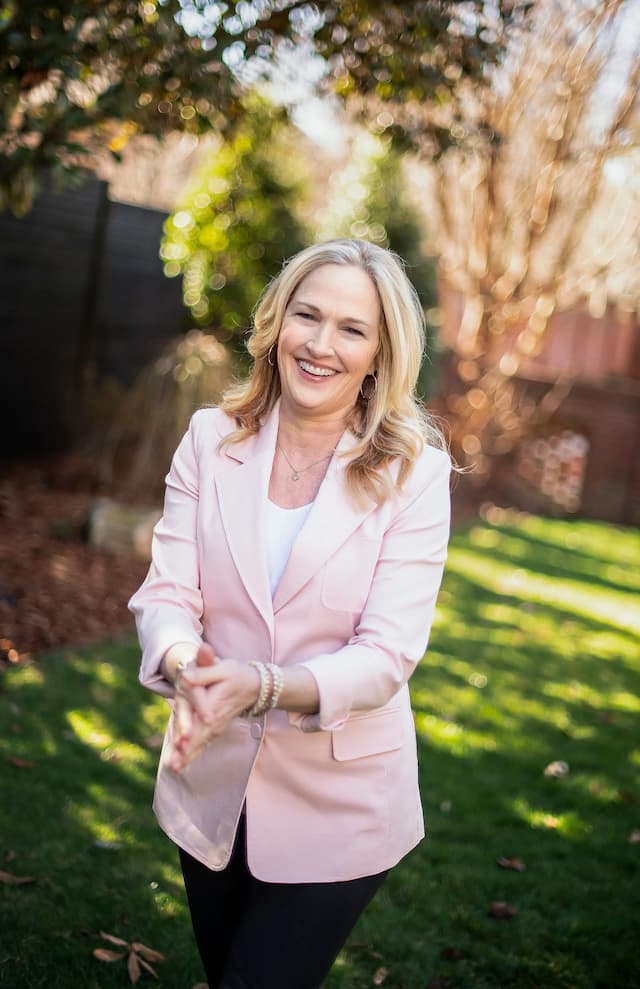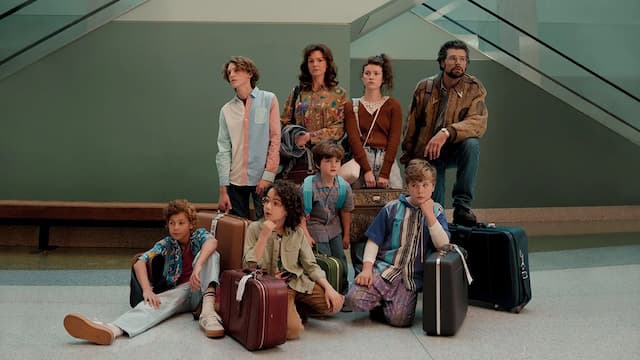Rescued (Genesis 8)
Can a ruined creation be rescued? Genesis 8 says it can.
The story began with God’s decrees bringing order to the world, putting everything in its right place, with humans representing God’s management (Genesis 1). But partnership with God in a world of astounding provision wasn’t enough (Genesis 2). We transgressed the boundaries God set by grasping the knowledge of good and evil for ourselves (Genesis 3). The result was murder and division, a community reliant on violence (Genesis 4). Then the family that imaged God, walked with God, and looked to God to set things right (Genesis 5) redefined “good” to suit their own desires, making fighters their heroes (Genesis 6).
Creation was ruined, filled with disorder, where every inclination of the human heart was only evil all the time (6:5). Filled with violence, the corrupted world disintegrated.
When God spoke order into creation, he separated the waters above from the waters below (1:6) and the seas from the land (1:9). But now in the corrupted creation, the waters from the deep and the waters from above flowed together (7:11), so the seas overwhelmed the land (7:18).
This “uncreation” lasted a year:
- The waters above and the waters below mixed for 40 days (7:4, 12, 17).
- The waters covered the land for 150 days (7:24; 8:3).
- Then they waited for recreation, for the waters to dry up from the earth (8:6-18).
For a year and ten days, there was no earth to live on (Genesis 7:11-13 and 8:13-18). If Noah’s life was measured in lunar months, that’s the equivalent of a full solar year according to Victor Hamilton, The Book of Genesis 1–17, NICOT (Eerdmans, 1990), 305.
Then Noah heard God’s decree that the earth was ready for him and his creatures to inhabit. Do you recognize any phrases from Genesis 1 in this declaration of recreation?
Genesis 8:15-19 (NIV)
15 Then God said to Noah, 16 “Come out of the ark, you and your wife and your sons and their wives. 17 Bring out every kind of living creature that is with you — the birds, the animals, and all the creatures that move along the ground — so they can multiply on the earth and be fruitful and increase in number on it.”
18 So Noah came out, together with his sons and his wife and his sons’ wives. 19 All the animals and all the creatures that move along the ground and all the birds — everything that moves on land — came out of the ark, one kind after another.
God saved Noah, and Noah saved the animals entrusted into human care. The result is a new creation, a re-creation.
So why does Noah kill some of this precious cargo?
Genesis 8:20 (NIV)
Then Noah built an altar to the Lord and, taking some of all the clean animals and clean birds, he sacrificed burnt offerings on it.
In Christan theology, the word sacrifice is often connected with Jesus dying for our sins. We think sacrifices must have been about taking away personal guilt. That’s not what the text of Genesis says. It’s already told us twice that Noah was a righteous man (6:9; 7:1). Noah was doing right. So why was he offering the Lord a burnt offering?
This is how people worshipped in the ancient world. I’m not suggesting this is how we should worship. As we said in How to approach to Genesis 1, we need to know what sacrifices meant to these people in their world. As we’ll hear in a few verses time, God had not authorized people to kill and eat animals (Genesis 9:2-3, compare 1:30). God never asked for animal sacrifices (Psalm 50:12). Nevertheless, God responds with appreciation for Noah’s recognition of God.
Noah’s offering is a declaration of God’s authority over the earth and all its creatures. Noah constructs a worship-site on the earth, and gives God a gift, the most precious things he has to offer, recognizing that life itself is a gift from God.
The aroma of Noah’s gift rises up to the heavens, expressing Noah’s gratitude for God rescuing and recreating what had been ruined. Noah is recognizing the Sovereign Lord’s authority over the earth, and his participation with God in taking care of what God has given.
God responds to Noah’s gift by affirming his partnership with humans, promising his on-going commitment to and partnership with the humans in his recreated world, even though they corrupted the original creation with their violence:
Genesis 8:21–9:1 (NIV)
21 The Lord smelled the pleasing aroma and said in his heart: “Never again will I curse the ground because of humans, even though every inclination of the human heart is evil from childhood. And never again will I destroy all living creatures, as I have done. 22 As long as the earth endures, seedtime and harvest, cold and heat, summer and winter, day and night will never cease.”
9 1 Then God blessed Noah and his sons, saying to them, “Be fruitful and increase in number and fill the earth.”
What a story: ruined, yet restored through a human in partnership with God!
That’s the story of the world (Hebrews 11:7). It’s the story of Israel (Isaiah 65:17–66:24). It’s the story of the Messiah (Colossians 1:19-20). It’s the story of the church (Ephesians 1:18-23). It’s the story that reaches its conclusion as the one who sits on the throne declares, “Look! I am making everything new!” (Revelation 21:5).
What others are saying
David J. A. Clines, The Theme of the Pentateuch, (Sheffield: Sheffield Academic Press, 2001), 80-81:
The Flood narrative does not function simply as yet a further stage in the development of human sin, but imports concepts of ‘end’ and ‘re-creation’ into the primaeval history. When Genesis 1 is also taken into consideration, some case can be made out for suggesting that the theme of the primaeval history is ‘creation—uncreation—re-creation’. …
Re-creation occurs, in the first place, by the renewed separation of sea and land: the waters recede from and dry up from the earth (8:3, 7, 13). Then comes the renewal of the divine order to living beings to ‘breed, be fruitful, and multiply’ (8:17). … The creation ordinances are re-announced … (9:1–7), the separation of sea and land … is assured (9:8–17), and humankind begins to be re-created (by procreation, ch. 10) and to fill the earth at God’s command (10:32).
Related posts
- The kingdom is a partnership (Gen 7–8)
- The faith of Noah (Heb 11:7)
- The king who heals creation (Ex 15:22-27)
Seeking to understand Jesus in the terms he chose to describe himself: son of man (his identity), and kingdom of God (his mission). Riverview Church, Perth, Western Australia View all posts by Allen Browne






